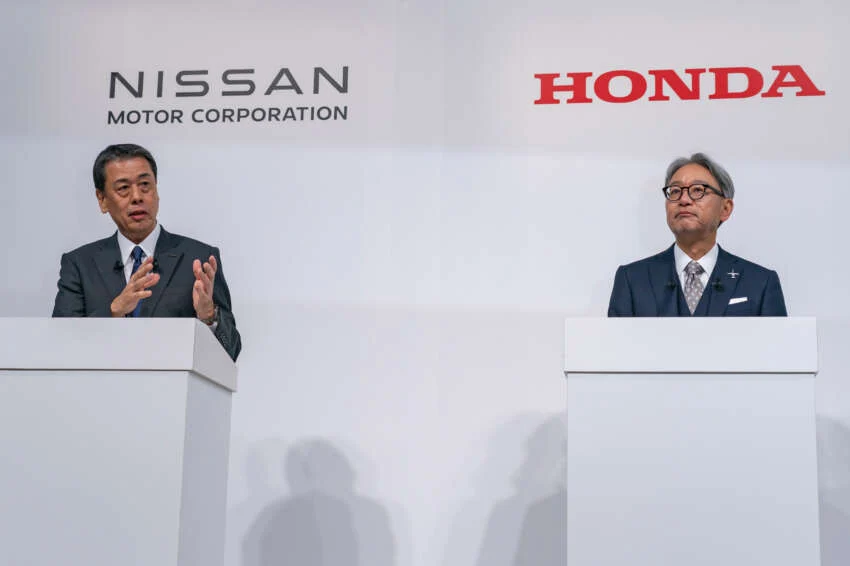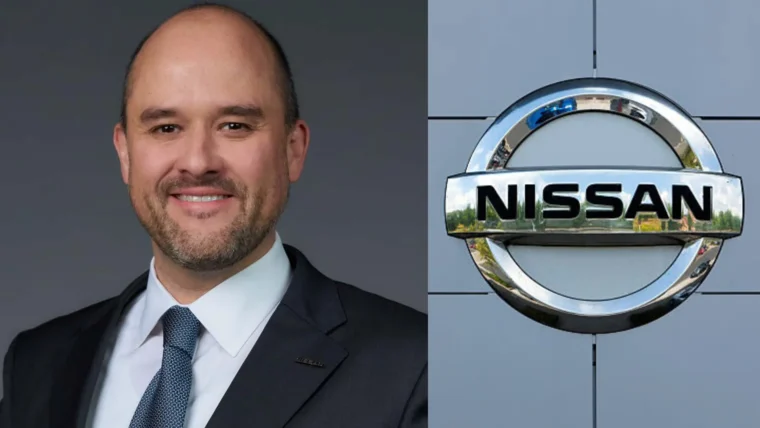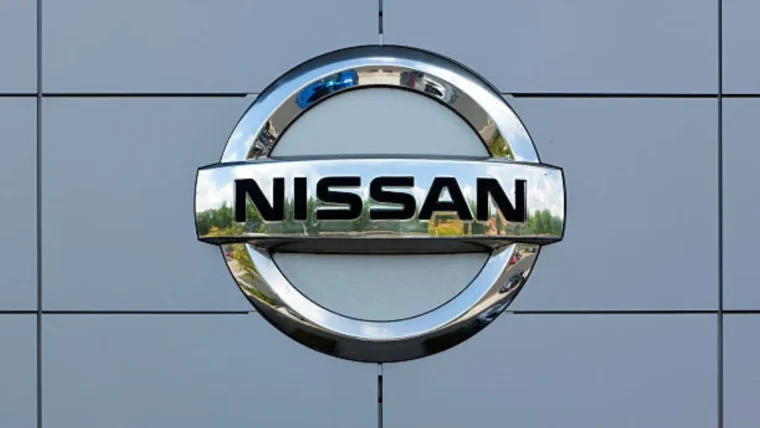It’s official—one of the most talked-about mergers in the automotive world has hit the brakes. The highly anticipated Honda-Nissan merger is no more.
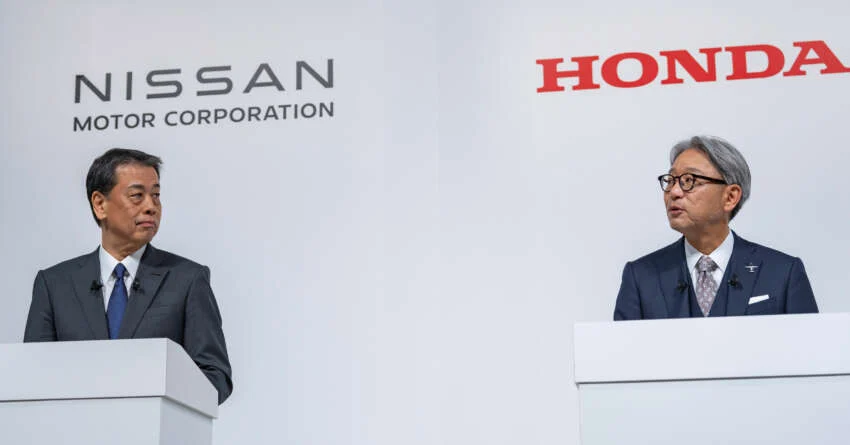
Rumours had been swirling for weeks, but yesterday, both Japanese automakers confirmed in a joint press release that the deal was officially off the table. Mitsubishi, which was initially set to be part of the collaboration, is also out of the equation.
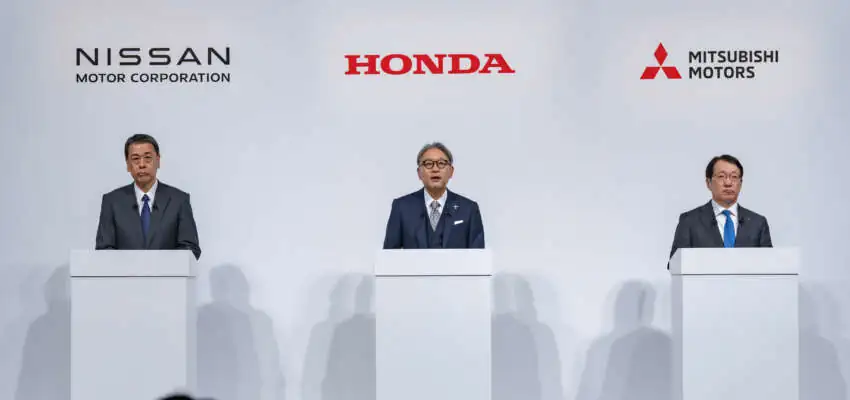
What Could Have Been…
The merger, signed back in December 2024, could have changed the game for the Japanese auto industry, putting Honda and Nissan alongside giants like Toyota, Volkswagen, General Motors, and Ford. If successful, it would have made them the third-largest automaker in the world.
Why Did It Fall Apart?
The deal ultimately collapsed due to governance disagreements. Honda wanted Nissan to become its subsidiary, but Nissan wasn’t having it. Nissan’s long-time partner, Renault, also opposed the move.
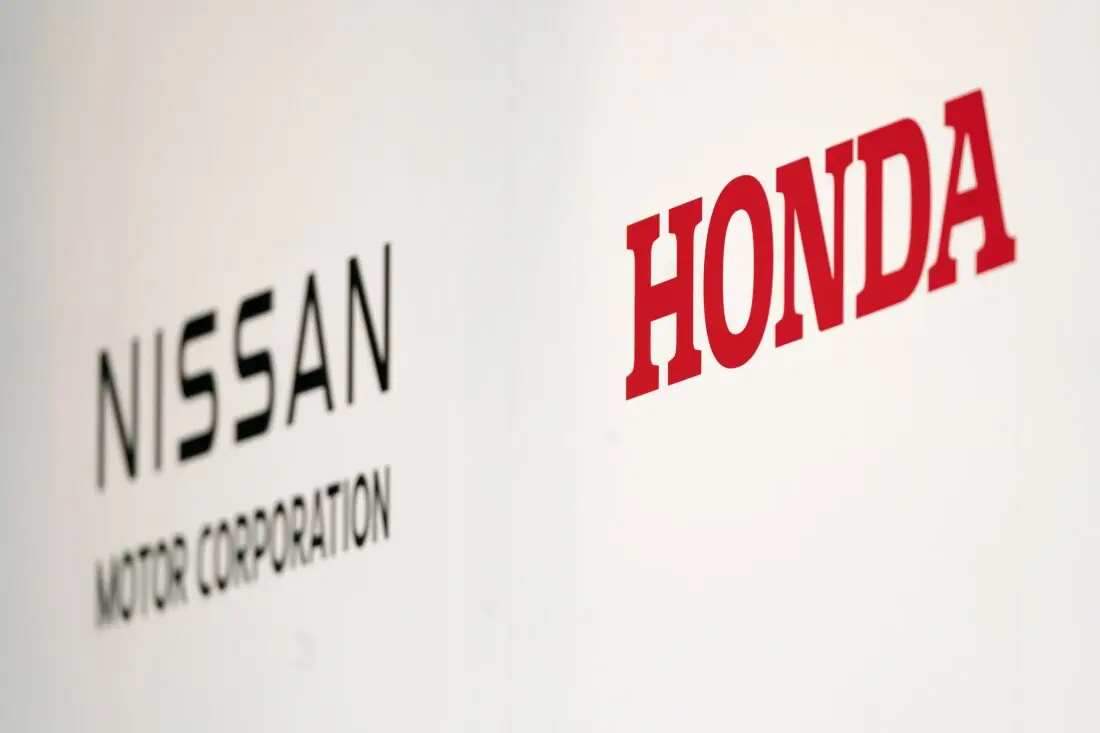
Now, with the merger scrapped, Nissan faces serious financial challenges, including a sharp drop in profits and a projected annual loss. In response, the company is looking for alternative partnerships while also implementing cost-cutting measures, including job reductions and plant closures.
Not All Bad News!
Despite the failed merger, the three automakers—Honda, Nissan, and Mitsubishi—have agreed to continue collaborating on electric vehicles (EVs). With competition heating up, especially in China, they’re looking to strengthen their market position in the EV space.
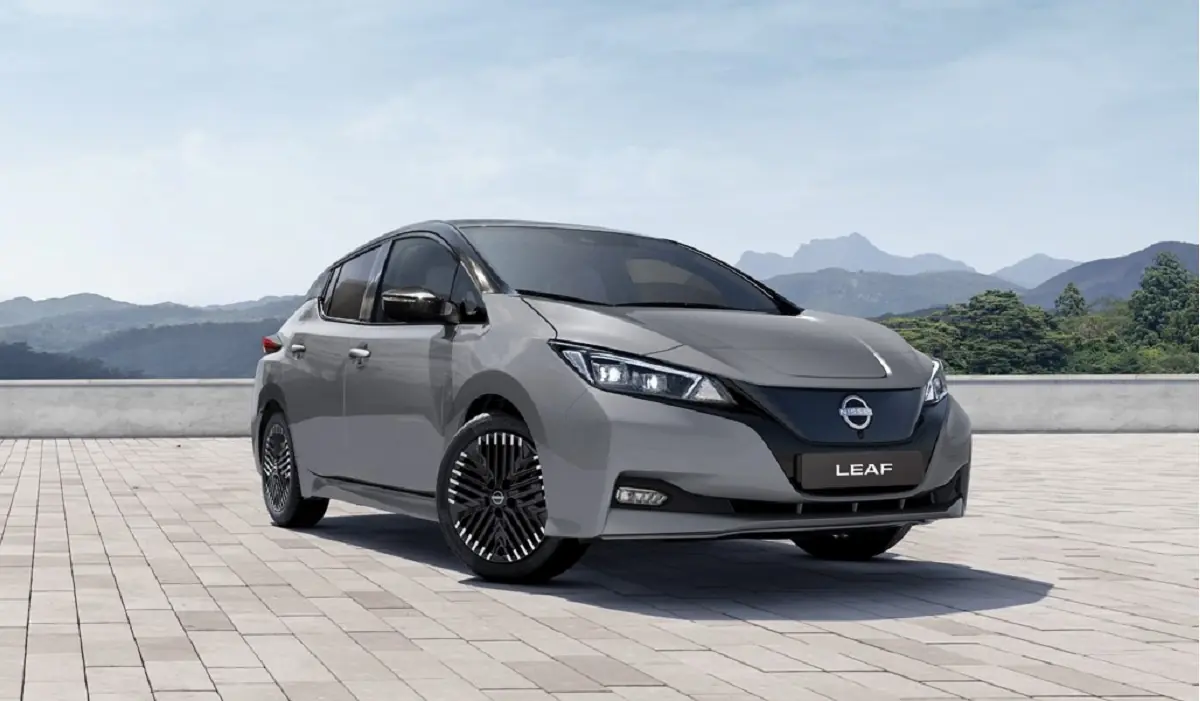
Stock Market Surprise
Ironically, the merger’s collapse turned out to be great news for investors. Both Honda and Nissan saw a surge in their stock prices following the announcement.
- Nissan shares jumped 8.17% to 449 yen before settling at 439.5 yen.
- Honda shares climbed 4.46% to 1,498 yen before adjusting to 1,487 yen.
Nissan’s Next Moves
With the merger out of the picture, Nissan is going full throttle on cost-cutting. The company aims to slash costs by approximately 400 billion yen ($2.6 billion) by 2026.
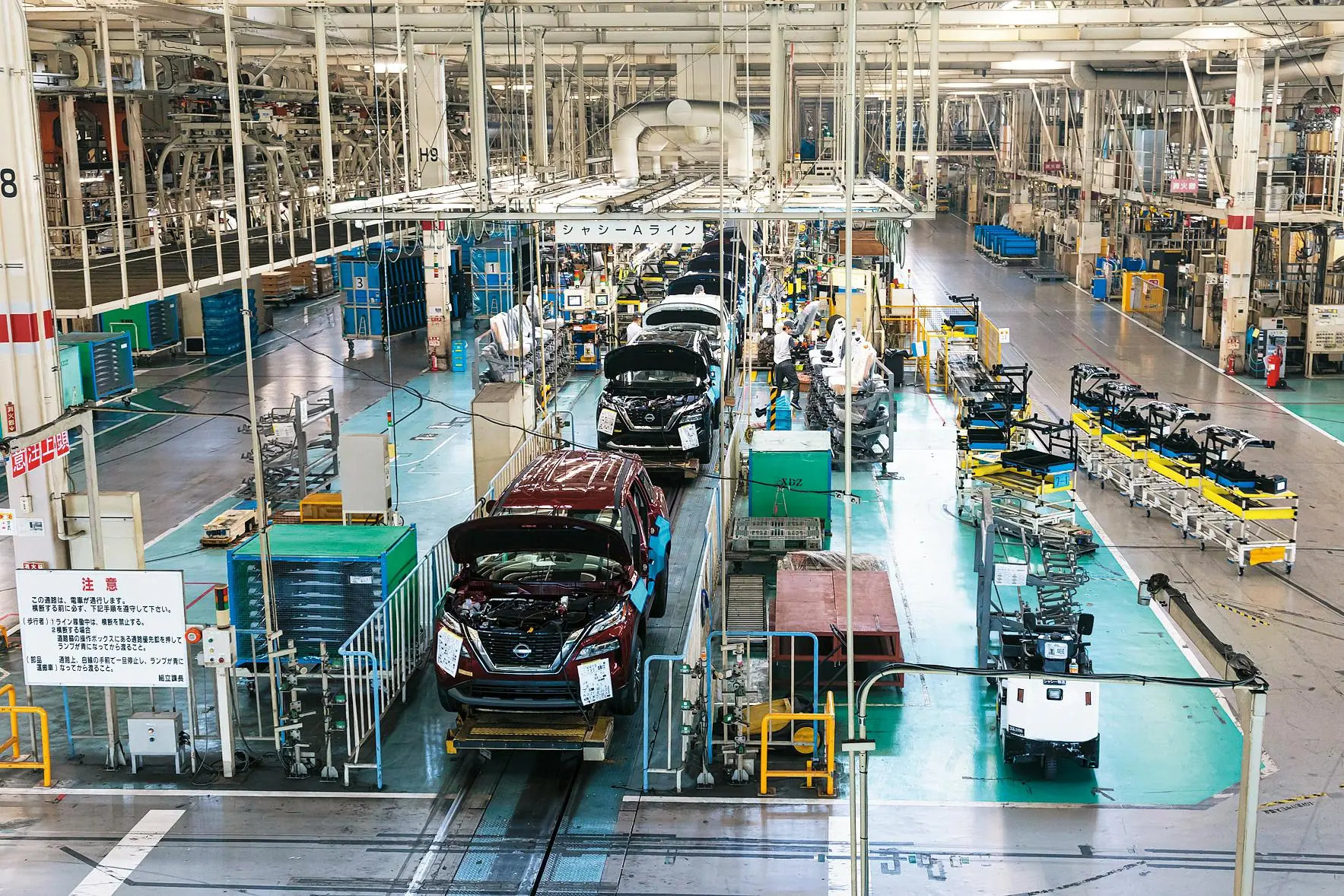
Here’s what’s happening:
- 9,000 job cuts across various departments.
- 2,500 indirect jobs to be eliminated through streamlining, hiring reductions, and voluntary separation programmes.
- Three plant closures in early 2025, including sites in Thailand and the U.S., affecting 5,300 jobs in 2025 and 1,200 more in 2026.
Final Thoughts
While the merger might have been a game-changer, its failure doesn’t spell doom for Honda, Nissan, or Mitsubishi. With their EV collaboration still in play and investors backing their independent strategies, the road ahead might still be promising.
As Nissan’s president and CEO Makoto Uchida put it: “We are dedicated to achieving a more efficient cost structure while driving top-line growth through enhanced competitive products.”
Source: Paul Tan, Lowyat.net
Other posts by Keran

